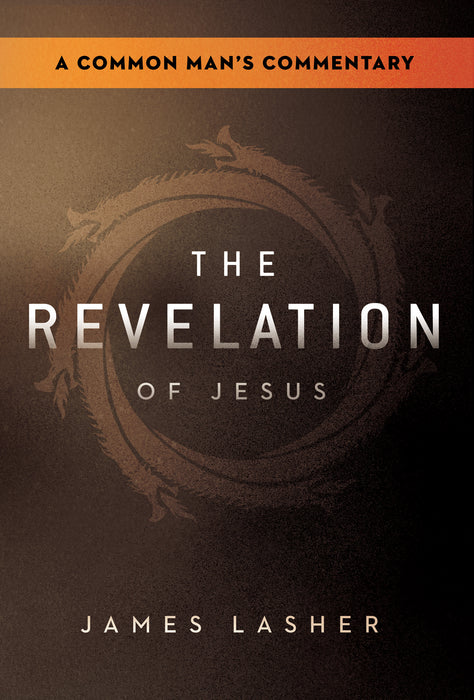Jeremiah 29:11 is perhaps one of the most famously quoted Scriptures in the entirety of the bible: “‘For I know the plans I have for you,’ declares the Lord…” But according to Pastor Mike Signorelli, we’ve been reading this verse completely wrong.
In a recent teaching, Signorelli offers a hard but necessary correction to how many Christians—especially in America—have interpreted this beloved verse.
Breaking News. Spirit-Filled Stories. Subscribe to Charisma on YouTube now!
“Let’s bring it back to context,” Signorelli says. “What we’re often guilty of in Christianity is deleting the context and taking a prophecy for the nation of Israel and making it personal to ourselves.” He explains that Jeremiah 29:11 was spoken by God through the prophet Jeremiah to a very specific audience: the Israelites in Babylonian exile. It was not a promise of immediate personal blessing, but a prophetic assurance that after 70 years of captivity, God would restore the nation.
Order James Lasher’s Newest Book, The Revelation of Jesus on Amazon.com!
Rather than being about quick, individual prosperity, the verse points to God’s long-term faithfulness to His people—even in seasons of suffering. “This was not about 2020s American Christians getting a new job or house,” Signorelli warns. “It was about a collective hope for a nation in crisis.”
So where does that leave believers today? “Although the promise is not for us,” Signorelli affirms, “the principle is for us.” The heart of God revealed in Jeremiah 29:11 is still relevant—it shows a God who has redemptive plans for His people, even in their darkest seasons. But the verse must be interpreted through a “we over me” lens.
American Christianity, with its strong emphasis on individualism, often turns collective promises into personal motivational slogans. Signorelli challenges this thinking. “Even Jesus taught us to pray using plural language—‘Our Father,’ ‘Give us this day,’ ‘Deliver us from evil.’” The Christian life, he insists, is not meant to be lived in isolation but in unity with God’s people.
The question then becomes: What does it really mean to prosper? By modern standards, prosperity looks like wealth, ease and success. But by biblical standards, it looks like obedience, endurance and faithfulness. “All the apostles except one were martyred,” Signorelli points out. “By our standards, that’s not prosperity. But they were rich in what mattered most—eternal life, fulfilled purpose and gospel impact.”
He concludes with this powerful statement: “True prosperity is fulfilling the Great Commission. Souls are true riches. If my whole family is saved, I’m rich.”
Join Charisma Magazine Online to follow everything the Holy Spirit is doing around the world!
Jeremiah 29:11 is not a feel-good promise of instant success, but a powerful reminder of God’s faithfulness to His people in the midst of suffering. When read in context, it challenges us to shift from an individualistic view of faith to a collective one, trusting that God’s ultimate plan is not just to prosper me, but to redeem us. True prosperity isn’t comfort or wealth—it’s fulfilling God’s mission, together.
Abby Trivett is content development editor for Charisma Media.








































